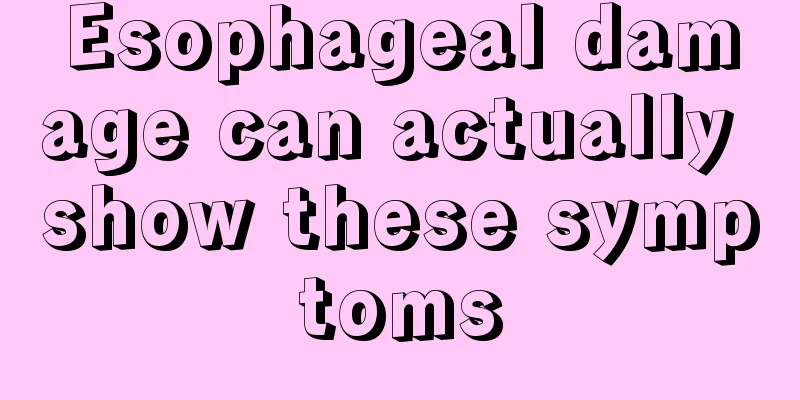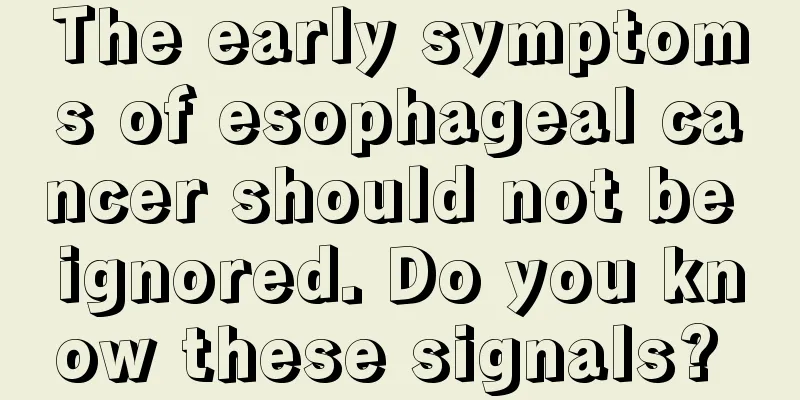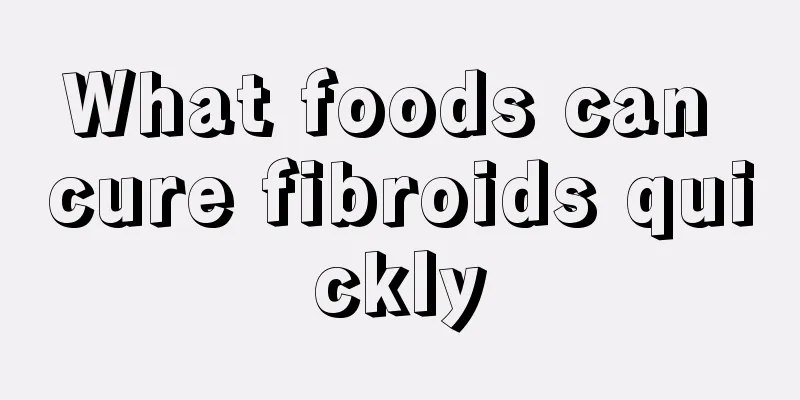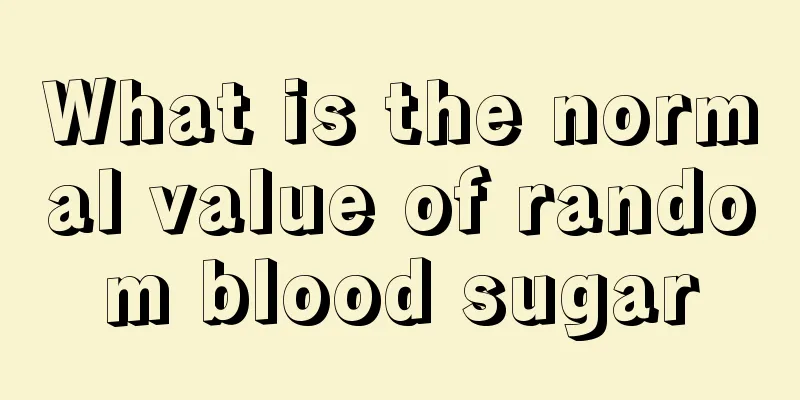Can ulcerative gastric cancer metastasize?

|
General gastric ulcers are benign ulcers. Early gastric cancer can be divided into protrusion, superficial, and sunken types by naked eyes, and correspondingly, mid- and late-stage gastric cancer can be divided into polyp, infiltration, and ulcer types. Ulcerative gastric cancer is a malignant ulcer, which is usually larger but shallower, with irregular edges, visible interruptions in gastric folds, crater-like ulcers, and uneven and dirty bottoms. Less than one percent of gastric ulcers become cancerous. Guidance 1. Surgery is currently the only possible means of curing gastric cancer. The effect of surgery depends on the stage of gastric cancer, the depth of cancer invasion and the range of spread. For early gastric cancer, partial gastrectomy is the first choice. If there is local lymph node metastasis, it should also be cleared at the same time, which still has a good effect. For patients in the advanced stage, if no distant metastasis is found, surgical resection should be performed as much as possible, and some need extended radical surgery. For those with distant metastasis, gastrectomy is generally not performed, and only palliative surgery (such as gastrostomy and gastrojejunostomy) is performed to ensure the patency of the digestive tract and improve nutrition. Second, endoscopic treatment: For early gastric cancer, there are also electrocautery, laser or microwave for local cautery, or stripping biopsy resection (injecting physiological saline under the mucosa of the cancer focus to separate the lesion from the muscle layer and float it up, and then electrocautery), but because early gastric cancer may have local lymph node metastasis, it is not as reliable as surgery. For patients with middle and late stage cancer who cannot undergo surgery, they can also be treated with laser, microwave or local injection of anti-tumor drugs, anhydrous ethanol or immune enhancers under endoscopy. For patients with cardia tumors and obstruction, internal stents can be placed under endoscopy to reconstruct the channel. 3. Chemotherapy Anti-tumor drugs are often used to assist surgical treatment. They are used before, during and after surgery to inhibit the spread of cancer cells and kill residual cancer cells, thereby improving the surgical effect and daily care. For cases where gastric cancer has been cured and there is no recurrence, and the metastatic cancer in the lungs is very limited, and the patient's overall condition is very good, lung resection surgery can also be considered. Chemotherapy can be combined with interventional chemotherapy and local chemotherapy in the chest cavity, which can relieve the disease and achieve the purpose of alleviating pain and prolonging life. |
<<: What are the symptoms of cauliflower-type gastric cancer
>>: Can ulcerative gastric cancer be seen with the naked eye?
Recommend
How to judge whether furniture contains formaldehyde
As we all know, formaldehyde is extremely harmful...
It’s easy and beautiful to braid your own hair
When I am bored, I want to study how to braid hai...
These natural plant hair dyes are harmless and easy to use!
Nowadays, white hair for many people is not only ...
What kind of care is suitable for advanced lung cancer? It is recommended to do this kind of care for advanced lung cancer
If you find out that you have lung cancer and it ...
What causes pancreatic cancer
In daily life, we should learn about pancreatic c...
Treatment of diarrhea
Diarrhea is very common. This type of disease is ...
There is a way to fix the clogged sink drain
When washing dishes every day, uneaten food will ...
When is it best for a child to wean off breast milk?
When it comes to weaning children, parents must p...
How to treat recurrence of testicular cancer
Testicular cancer is a malignant tumor disease th...
How long can you live after colon cancer surgery
The question of how long one can live after colon...
What causes fibroids
What causes fibroids? Any disease has its own cau...
What to do with cervical tumor
Cervical cancer is the most common disease of the...
How can patients with liver cancer predict recurrence and metastasis? These three measures should be taken to prevent liver cancer
The main characteristics of cancer cells are that...
What are the complications of pancreatic cancer
What are the complications of pancreatic cancer? ...
These are actually signs of skin cancer, check if you have any?
This century is a century of fear of cancer. The ...









